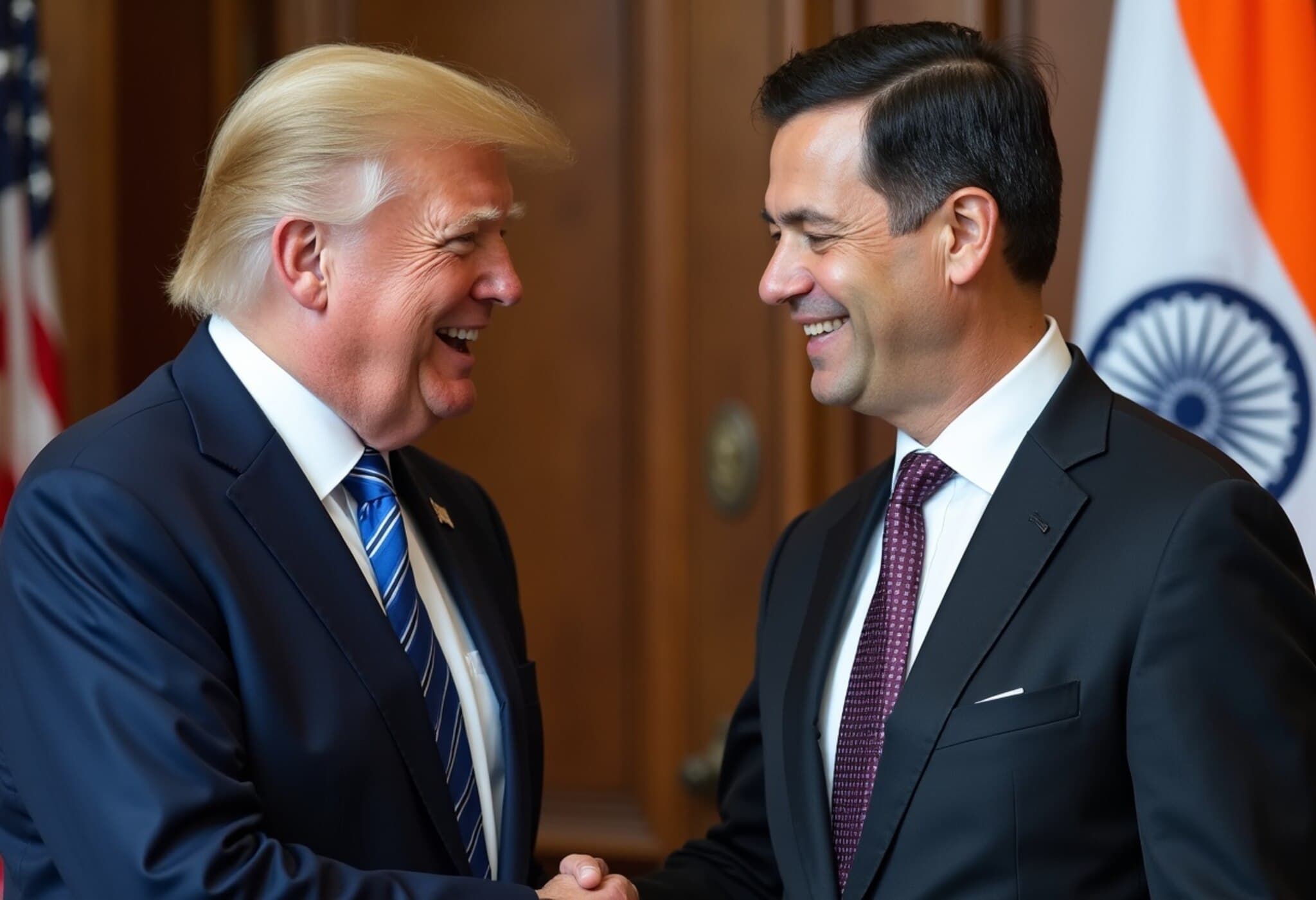European Postal Services Halt U.S. Shipments Ahead of August 29 Tariff Implementation
In a significant development impacting transatlantic trade, several major European postal operators—including those from Germany, Italy, France, the United Kingdom, Sweden, Denmark, and Austria—have announced a suspension of merchandise shipments to the United States starting late August 2025. This proactive pause comes amid confusion and uncertainty over the new import tariffs the U.S. government plans to enforce beginning August 29.
Understanding the New U.S. Import Tariffs
Under regulatory changes instituted by former President Donald Trump’s administration last month, goods imported into the United States valued under $800—previously exempt from tariffs—will now attract import duties, generally set at 15%. Exceptions are made for letters, books, gifts, and small items under $100, which remain tariff-free. This policy shift is part of a broader effort to protect U.S. manufacturers and address trade imbalances, but the abrupt introduction has left postal services scrambling for clarity and compliance.
Why Are European Postal Services Suspending Shipments?
- Lack of Clear Guidance: European postal systems have cited insufficient and delayed communication from U.S. customs authorities regarding implementation details.
- System and Process Unpreparedness: Many operators lack the infrastructure and software updates necessary to handle the new customs declarations and tariff collections.
- Time Constraints: With the tariffs kicking in shortly, postal services fear that shipments dispatched now may not clear U.S. customs in time, resulting in return logistics complications or penalties.
For example, Deutsche Post and DHL Parcel Germany announced they would cease accepting parcels from business clients destined for the U.S. as of August 23. Poste Italiane and PostNord (serving Nordic countries) mirrored this suspension the same day. France’s La Poste and Austria’s postal service will halt these shipments on August 25 and 26, respectively, with the UK’s Royal Mail pausing from August 27.
Implications for Businesses and Consumers
The suspension affects primarily commercial shipments; letters and parcels without merchandise will continue to be accepted. However, small and medium-sized enterprises engaged in export from Europe to the U.S. face imminent disruption. Shipping delays and potential increased costs due to tariffs threaten supply chains and consumer prices.
Many shipping companies like DHL Express still offer express options but often at a higher cost. Wout Witteveen, spokesperson for Dutch PostNL, illustrated the urgency by advising exporters to send their packages immediately to beat the deadline.
Broader Trade Context and Future Outlook
The new tariffs stem from a function of the broader trade framework the U.S. and European Union agreed upon last month. Yet, the EU’s postal operators remain concerned that practical implementation lacks cohesion. PostEurop, the association uniting 51 European postal services, warned that if no practical solutions arise, more countries may suspend shipments, exponentially escalating trade friction.
Experts note this situation uncovers a tension between political trade maneuvers and operational logistics realities. The rapid enactment of tariffs without robust administrative support systems poses a real test to transatlantic commerce resilience and cooperation.
Expert Commentary
Trade analyst Dr. Helen Morrison observes, “While the tariffs are politically motivated to protect domestic manufacturing, the abrupt operational hurdles risk destabilizing existing supply chains. European postal services’ suspension shows that policy measures must be paired with clear, timely procedural guidelines to avoid harming businesses and consumers on both sides of the Atlantic.”
What Should Businesses and Consumers Do?
- Plan shipments early to avoid the new tariff deadlines.
- Consider alternative shipping methods, though costs may rise.
- Stay informed on tariff regulations and customs requirements.
- Engage with logistics partners to adapt to new compliance norms.
Summary
The suspension of merchandise shipments from Europe to the U.S. underscores the ripple effects of sudden trade policy changes and highlights the need for coordinated international regulatory communication. As August 29 approaches, exporters, postal operators, and consumers alike face uncertainty and must navigate this complex landscape carefully.
Editor’s Note
The unfolding postal service suspensions in Europe shine a spotlight on the challenges of implementing sweeping trade tariffs without comprehensive operational support. This raises pressing questions about how governments balance swift economic policy shifts with the practicalities of global supply networks. Will future tariff rollouts integrate smoother logistical frameworks, or should businesses anticipate similar disruptions? Readers are encouraged to consider how policy and process must align in an interconnected world.













